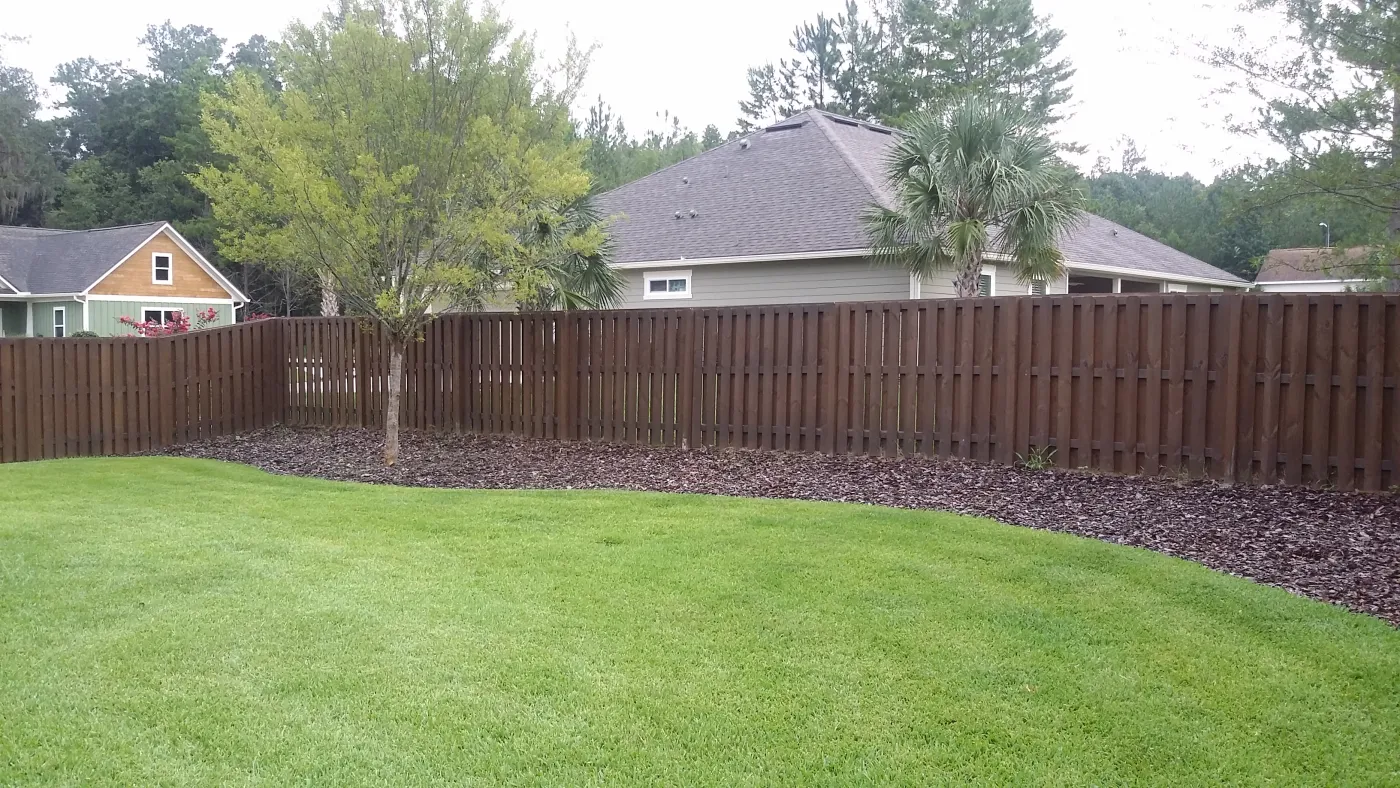In Alachua, FL, maintaining a pristine lawn is as much about keeping the grass green as it’s about keeping pests at bay. Combining pest control with lawn care services ensures that your outdoor space remains not only lush and vibrant but also free from damaging pests. This dual approach is essential if you’re looking to enhance your property's aesthetic and functional appeal without the constant worry of infestation and disease.
Related: Gainesville and Newberry, FL Backyards: Crafting the Ideal Paver Patio
Importance of Integrated Pest Management
Effective pest control is about more than just occasional treatments; it's about integrating pest management into your regular lawn care routine. This approach minimizes pest populations while maintaining the health of your lawn, ensuring that treatments are both effective and environmentally conscious. Integrated pest management (IPM) focuses on long-term prevention and involves a combination of techniques such as biological control, habitat manipulation, and use of resistant varieties. IPM reduces reliance on chemical pesticides, thereby enhancing your lawn's natural resilience against pests.
Benefits of Professional Lawn Care
Professional lawn care services go beyond simple lawn maintenance to include fertilization, weed control, and disease management. These services ensure that your lawn receives the nutrients it needs to grow thick and resist pests naturally. With professional care, your lawn can reach its full potential, becoming a lush and inviting centerpiece of your home. Additionally, professionals can diagnose and remedy issues like soil imbalances or irrigation problems that you might overlook, which can contribute to the overall health and vitality of your lawn.
Customizing Your Pest Control Plan
Customizing your pest control plan based on the specific needs of your lawn and local pest challenges is key. This might involve targeting specific pests that are common in our area and using treatments that address seasonal variations in pest activity. By understanding the lifecycle and behavior of common pests, a tailored approach can be developed that minimizes pest presence and impact effectively. This targeted strategy not only controls pests more effectively but also ensures that non-target organisms, beneficial to your landscape ecosystem, are preserved.
Lawn Aeration and Pest Reduction
Aeration is a crucial aspect of lawn care that can also aid in pest control. By improving air circulation and water penetration, aeration helps create a lawn environment that’s less hospitable to pests that thrive in compacted soil conditions. The improved soil structure allows roots to grow deeper, which enhances the overall drought tolerance and health of the grass, reducing the likelihood of pest invasions and infections. A healthy lawn is the first defense against the encroachment of pests and diseases.
Related: Choosing the Right Plants for Your Spring Landscape
Natural Solutions for a Healthier Lawn
Integrating natural solutions into your lawn care and pest control strategy can improve your lawn's health and reduce the need for chemical treatments. This includes using organic fertilizers and plant-based pest deterrents that protect the environment, your family, and pets. Employing methods such as companion plantings and beneficial insects can enhance these natural defenses, promoting a self-sustaining lawn care system that maintains ecological balance and reduces harmful interventions.
Monitoring of Pest Activity
Regular monitoring of your lawn's health and pest activity allows for timely interventions. This proactive approach ensures that potential issues are addressed before they become major problems, keeping your lawn in optimal condition throughout the year. Consistent monitoring also helps in identifying effective strategies and areas for improvement in your lawn care and pest management practices, allowing for continual refinement and better results over time.
Enhancing Your Lawn’s Ecosystem
Creating a balanced ecosystem within your lawn not only enhances its beauty but also its ability to self-regulate and fend off pests. This includes promoting beneficial insects that naturally control pest populations and implementing plantings to improve resilience. A diverse landscape is less likely to experience severe pest outbreaks and is more capable of recovering from stress, making your lawn both beautiful and robust.


